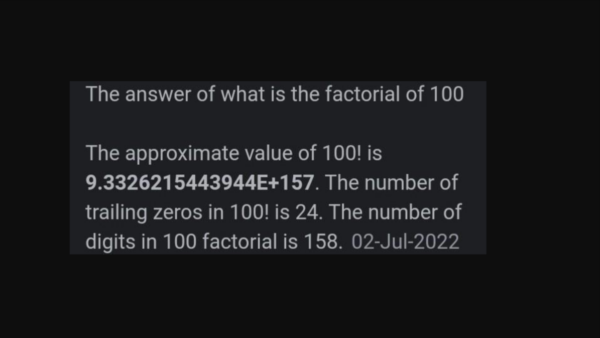The heart of any consumer market is people. The market for virtually any product is not an amorphous mass of people or firms, but a set of subgroups with different needs and desires. Market segmentation is the process of identifying and evaluating the various status or layers of a market.
If a market is made up of people whose characteristics and wants are different, the market is heterogeneous. Marketers who wish to do an effective job of marketing to people in such a market must identify the characteristics and wants of different groups of people within the overall market, because one marketing mix will not satisfy all of them.
Market segmentation is the process of identifying smaller markets that exist within a large market. These groups are called market segments. Market segmentation helps marketers develop marketing mixes that are more specifically tailored to the characteristics and wants of people in the segments that are identified and selected as target markets.
“The process of talking to total heterogeneous market for product and dividing it into several sub-markets or segments, each of which tends to be homogeneous in all significant aspects.” —W. J. Stanton
“Market segmentation is subdividing of a market into distinct and increasing homogeneous subgroups of customers where any group can conceivably select as a target market to be met with a distinct marketing mix” — Philip Kotler
It is sub-dividing a market into homogeneous sub-groups of customers, each sub-group being selected as a target market to be reached with a distinct marketing mix. The segmentation is meaningful only when each segment is served by a separate marketing mix. If customers belonging to two segments or separate groups respond similarly to a particular marketing mix, then we cannot say that there has been any segmentation.
Market segmentation is based on the assumption that different groups of customers in a product market respond differently to various marketing mix offers and each segment or target market needs to be served by a separate distinct marketing mix. This brings us to cultivating still smaller segments with specific needs of their own or what we call market niches.
Market aggregation
Market aggregation is the opposite of market segmentation. Market aggregation is the strategy whereby an organization treats its total market as a unit. Here, the market is treated as a homogeneous mass whose parts are considered to be alike in all major respects. The organization develops a single marketing mix to reach as many customers as are possible.
Learn more about market segmentation and aggregation only at the University Canada West, one of the top-notch universities in Canada.










